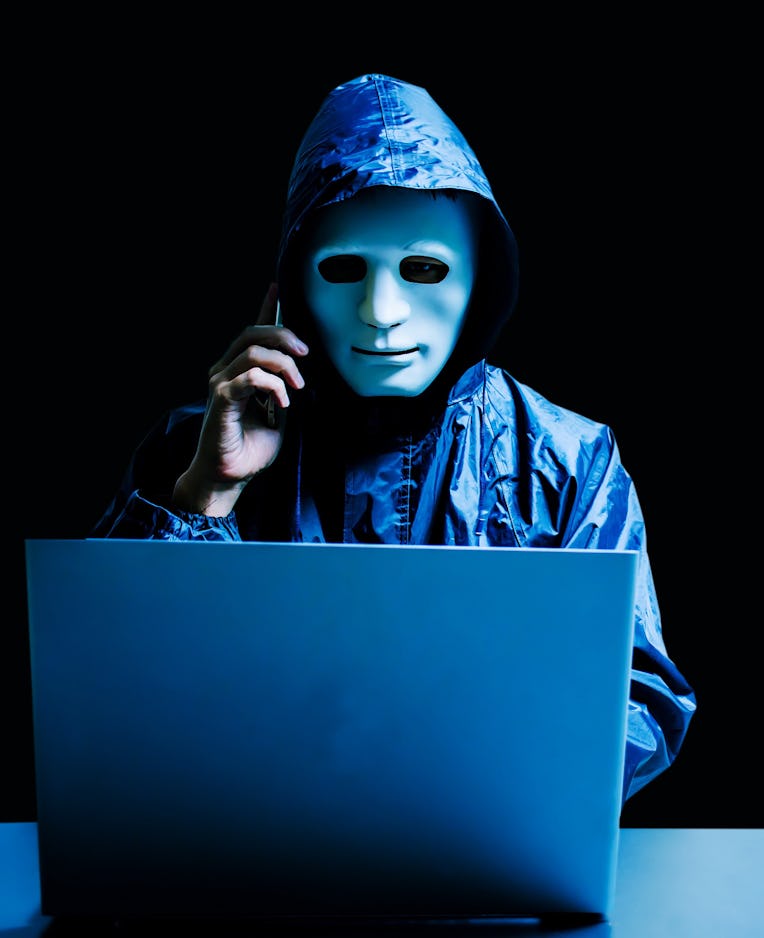As far as I know, there isn’t a spy behind me. Obviously it would be in a spy’s best interest to not reveal herself, but I think that if, for any part of my life, there had been a spy behind me, she would have gotten at least a bit of whatever dirt she’d been hoping to dig up. At that point I would have been confronted with that dirt by whatever party had commissioned her. This has not happened. Extrapolating the lack of posterior spies to most people, an oddness in the way we live crystalizes. A protective measure proves itself unnecessary. A question arises. A fury ignites.
Why are our passwords displayed as dots? ••••••••••••••••••••••••••••••••••••••••
My brother recently asked me for my Hulu password. I pay for the version of Hulu without commercials, so I like to give out the password in order to feel generous rather than indulgent. My parents have it, and so does my boyfriend, and so does my friend Jordan. When my brother asked, I was happy to oblige; of course, I am a magnanimous Hulu king. Then he texted me back. The password I gave him did not work. It seemed I had forgotten some aspect of it. Humiliating, for both of us.
The password auto-filled to my account and was linked to an old work email. I could stare at the password from my Apple TV or from my browser, displayed like this “••••••••••••••••••,” but I could not access it in a readable way. The password situation was not unresolvable, but it could not be resolved easily, or without disrupting Hulu access for my many constituents. At home, alone, my information was being withheld from me for the sake of my privacy. At home, alone, I was staring at dots. At home, alone, the password process we’ve come to accept was being — annoying.
Presumably our passwords show up as dots to keep the information away from prying eyes at a cafe, or maybe in an office. I am willing to accept that this was a reasonable enough thing to worry about when internet passwords were first invented. It is no longer. Even before the idea of spending time in a cafe or office was a memory, the threat was not present. I have never been in a situation where I felt someone in a cafe was attempting to see my password by looking over my shoulder at my screen. I have never heard of this happening to anyone I’ve known. I am willing to admit, though, that it does sound like something that would happen on Gossip Girl.
Of course, our passwords are under threat. But if hackers want our passwords, they will hack into databases and take them, or whatever it is that they do. As far as I can tell, we are essentially under the mercy of hackers in a “Jolene” sort of situation; please don’t take our passwords even though you can, through use of malware or by exploiting a weakness in Target.com’s password management system. Unless the hackers are viewing our screen, the dots can’t protect us from them. And if they are viewing our screen it is likely they also have access to our passwords via a keylogger or, apparently, by listening to us type them through our microphones. It’s fine. You just have to not think about it.
But I am not an expert on hacking. I am, however, an expert on password dots being annoying. I’ll say more about that now. The dots make it unnecessarily hard to know if you are typing the correct password. This is never more difficult than on something like an Apple TV, where you have to painstakingly move across the television’s keyboard with your remote, alternating between capital and lowercase letters. Are you doing it correctly? You’ll never know, until you attempt to submit the password and then have to start over from the beginning. The other unique thing about something like an Apple TV in terms of passwords is that it is in your home. You are not at a cafe. You are not at an office. Where is the threat? From whom are we protecting our precious password in this situation? If the answer is a child, you should cover your child’s eyes. I should not have to see dots — DOTS! — exclusively to protect little Joey from having the family’s HBO login so that he does not have access to the channel’s nighttime content.
In some login systems, you are allowed to click on an eye icon to view your password. “Thanks a lot.” That was me being sarcastic. Yes, show us our password. Make that the default. Then have an icon that is an eye with a slash over it, which we can click if we for some reason feel everyone within eyeshot is desperate for our delicious password-protected secrets; oh, they want them so badly, and yet they cannot have them. This is the better solution. It’s time.
••••• •••
